1. The Last Picture Show (1971)
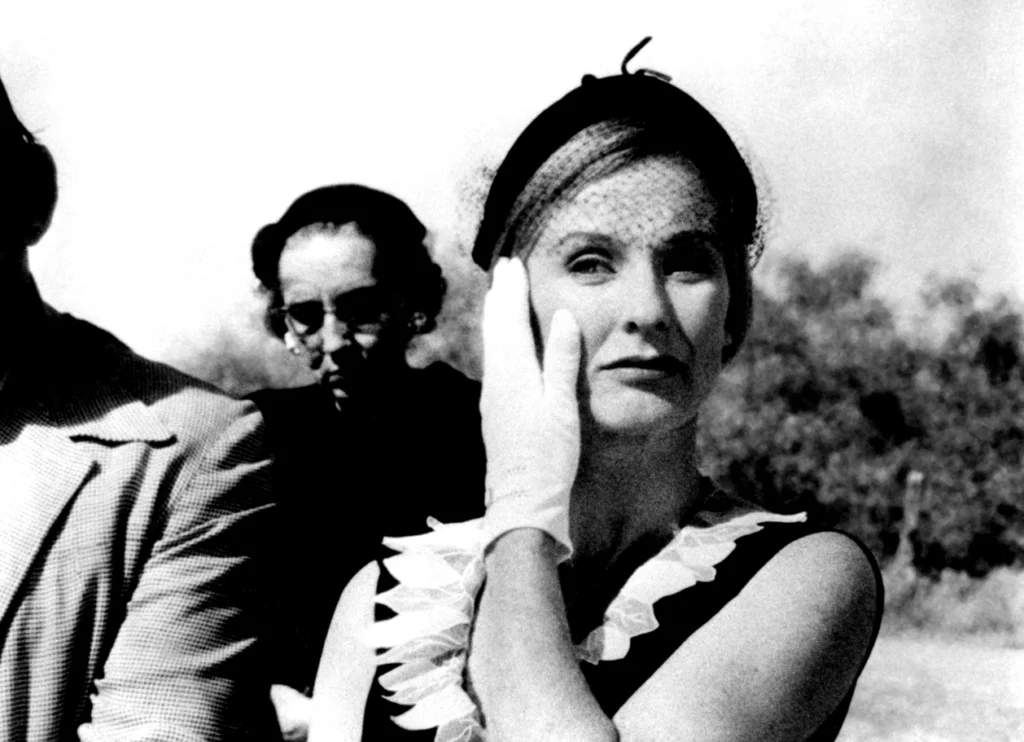
Peter Bogdanovich’s coming-of-age drama may not have been filled with blood or horror, but it was controversial in its own quiet way. The film dealt frankly with sexuality, infidelity, and loneliness in a small Texas town. Its raw portrayal of teenage desire and adult disappointment was shocking to some critics at the time. The use of nudity and unflinching dialogue about relationships was enough to stir debate across the country.
Yet, the movie’s black-and-white cinematography and deep sense of nostalgia gave it staying power. Performances from Cybill Shepherd, Jeff Bridges, and Cloris Leachman made the characters feel painfully real. It captured a cultural shift between the old ways of America and a younger generation trying to find itself. More than 50 years later, it’s still a hauntingly beautiful film that resonates.
2. A Clockwork Orange (1971)
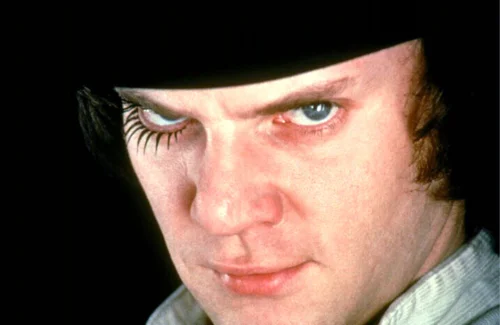
Stanley Kubrick’s dystopian vision of ultraviolence shocked audiences when it premiered. Between the unsettling imagery, the stylized brutality, and Malcolm McDowell’s chilling performance as Alex, many thought it crossed a line. In fact, Kubrick himself withdrew the movie from circulation in the U.K. for decades after reports of copycat crimes. Despite that controversy, the film became a touchstone in debates about free will, morality, and the role of media in shaping behavior.
Revisiting it today, it still feels razor-sharp in its satire of authority and societal control. The production design, with its stark futuristic look, remains hauntingly fresh. Kubrick’s use of classical music over disturbing scenes continues to be imitated. While it may never sit comfortably, it’s a film that refuses to be forgotten.
3. Last Tango in Paris (1972)
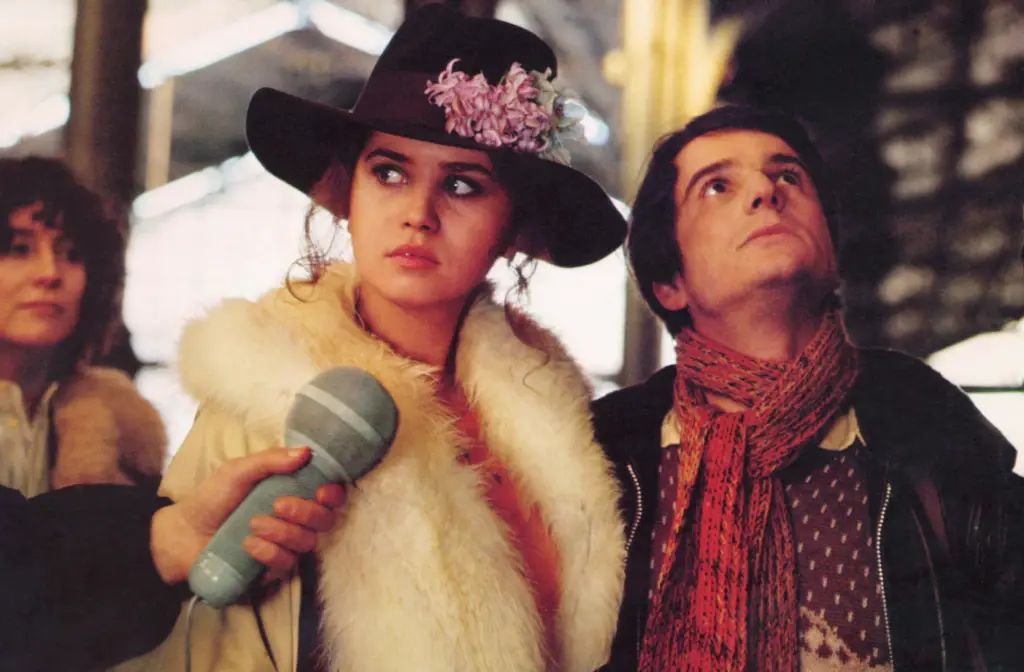
When Bernardo Bertolucci’s film debuted, it caused a firestorm. Marlon Brando’s raw performance and the movie’s graphic sexual content sparked outrage around the world. Some critics hailed it as groundbreaking, while others condemned it as obscene. It became the subject of censorship battles, with certain countries banning it altogether.
The controversy only grew as more details about the production came to light in later years. Still, the film’s exploration of grief, intimacy, and vulnerability makes it resonate with audiences who can look past its notoriety. Brando’s performance remains one of his most talked about, capturing both despair and anger in an unforgettable way.
4. The Exorcist (1973)
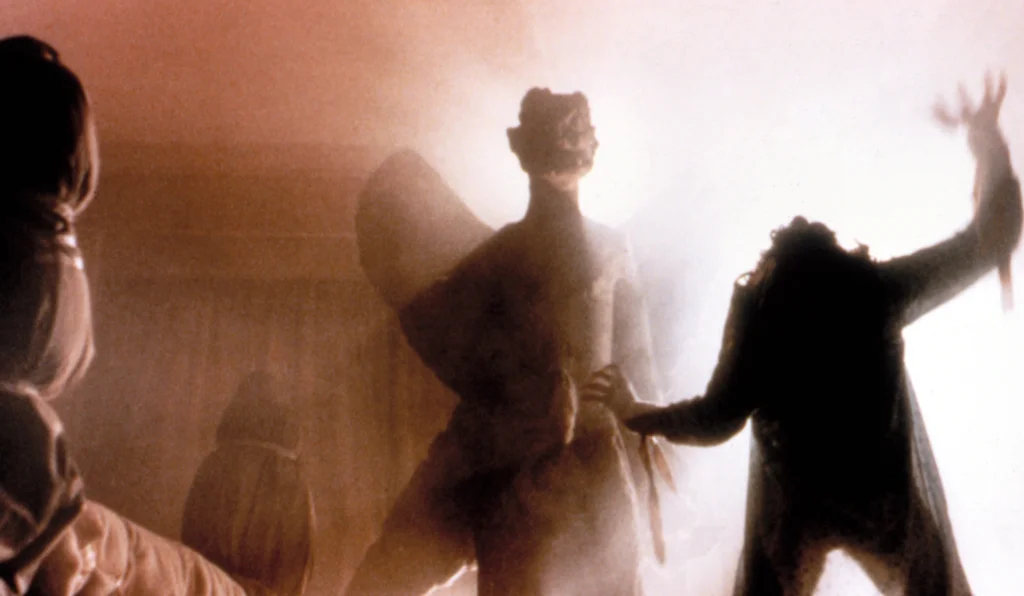
William Friedkin’s adaptation of William Peter Blatty’s novel was unlike anything moviegoers had ever seen. Audiences fainted, vomited, and fled theaters during its shocking scenes. Religious groups protested, and some theaters had to hire paramedics to stand by during screenings. The Catholic Church was especially vocal in its criticism.
And yet, the film became a phenomenon. Its special effects, chilling atmosphere, and unforgettable performances helped it win Oscars and solidify its legacy. Watching it today, it’s easy to see why it remains one of the most terrifying films ever made. Beyond the scares, it raises questions about faith, evil, and the limits of human endurance.
5. Straw Dogs (1971)
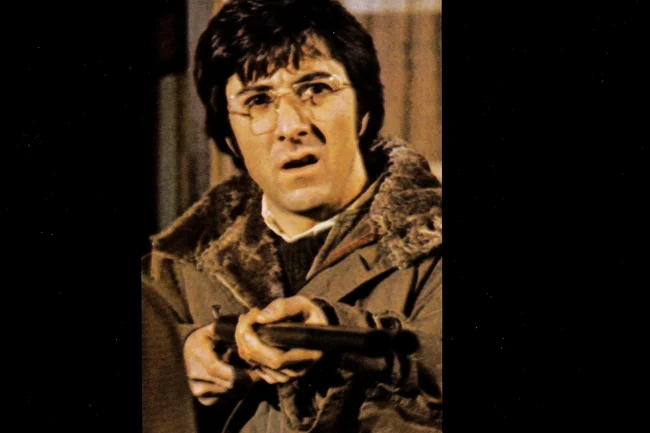
Sam Peckinpah was no stranger to controversy, but Straw Dogs pushed audiences to their limits. Its graphic violence and sexual assault scenes were highly debated, with many critics accusing the film of exploitation. At the same time, others saw it as a powerful critique of masculinity, repression, and the thin line between civility and brutality.
Dustin Hoffman’s performance as the quiet intellectual pushed into violence shocked audiences who associated him with gentler roles. Even decades later, the film can be difficult to watch. But its unflinching look at human nature ensures it still gets studied and discussed in film circles.
6. Dog Day Afternoon (1975)
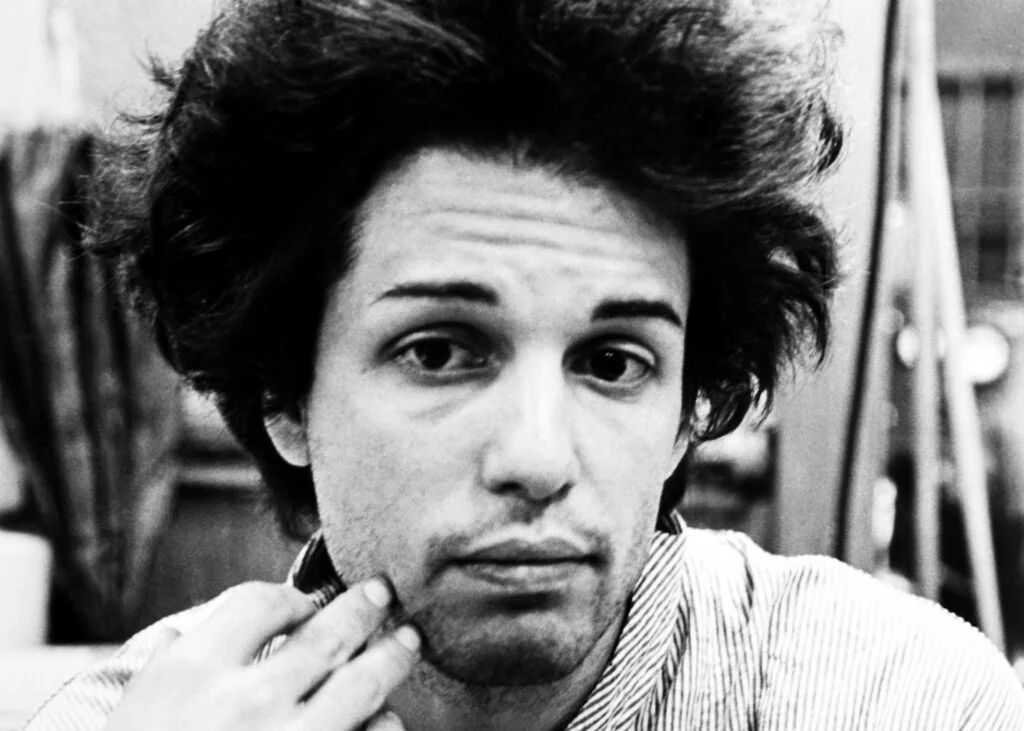
Sidney Lumet’s gritty heist film stood out not only for its realism but for its daring subject matter. Based on a true story, it followed Al Pacino’s Sonny as he attempted to rob a bank to pay for his partner’s gender reassignment surgery. In the mid-’70s, this storyline was seen as groundbreaking, and not without controversy.
The movie drew attention to LGBTQ+ issues at a time when few mainstream films did. Pacino’s performance is electric, capturing both desperation and vulnerability. Its blend of social commentary and suspense keeps it just as powerful today. Few films manage to be both so raw and so ahead of their time.
7. Taxi Driver (1976)
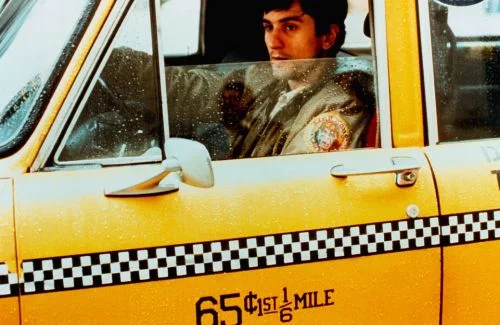
Martin Scorsese’s bleak portrait of alienation and violence in New York shocked critics and audiences alike. Robert De Niro’s Travis Bickle, a disturbed Vietnam veteran spiraling into vigilantism, became one of cinema’s most unsettling characters. The film was protested for Jodie Foster’s role as a child sex worker, and its climactic violence left viewers shaken.
Despite the uproar, Taxi Driver remains a landmark in American filmmaking. Its gritty realism captures a New York City that feels both dangerous and alive. De Niro’s “You talkin’ to me?” scene is iconic, and the film continues to influence directors decades later. It’s as disturbing as it is unforgettable.
8. Network (1976)
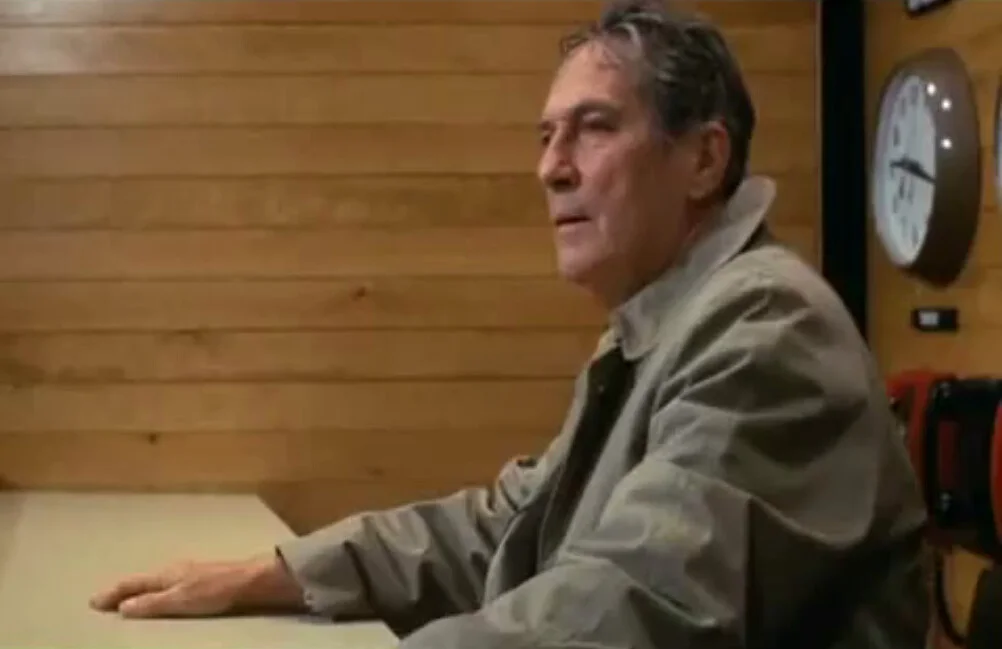
When Network came out, it was considered outrageous satire. The story of a news anchor exploited for ratings after an on-air breakdown felt too extreme to be real. Yet its sharp critique of television, consumerism, and corporate greed stirred debate. Some called it brilliant, others dismissed it as cynical.
Decades later, the movie feels eerily prophetic. Its famous line, “I’m as mad as hell, and I’m not going to take this anymore!” still resonates in today’s media landscape. What once seemed exaggerated now feels uncomfortably accurate. That lasting relevance keeps Network among the most important films of the era.
9. Midnight Express (1978)
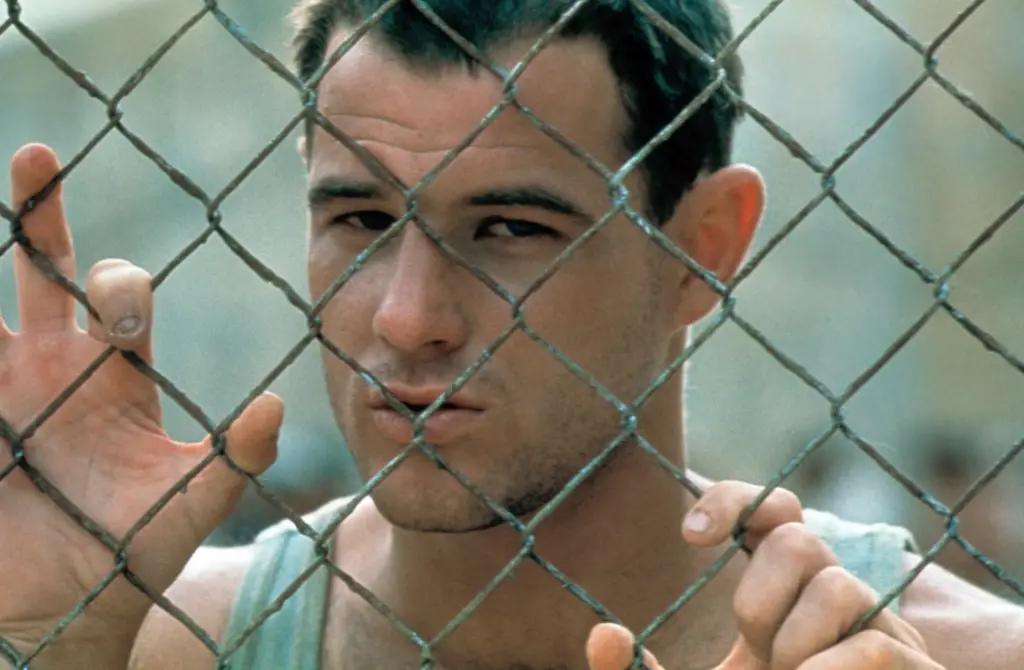
Alan Parker’s harrowing film told the story of Billy Hayes, an American imprisoned in Turkey for drug smuggling. The violence, degradation, and brutality depicted inside the Turkish prison caused international uproar. The Turkish government protested its portrayal as unfair and damaging. Many audiences, however, were gripped by its unrelenting intensity.
It’s a tough watch, but that’s part of its legacy. The film forced viewers to think about justice, punishment, and survival in impossible conditions. With Oliver Stone’s screenplay and Parker’s uncompromising direction, it remains a powerful cautionary tale. Even today, its impact hasn’t faded.
10. Coming Home (1978)
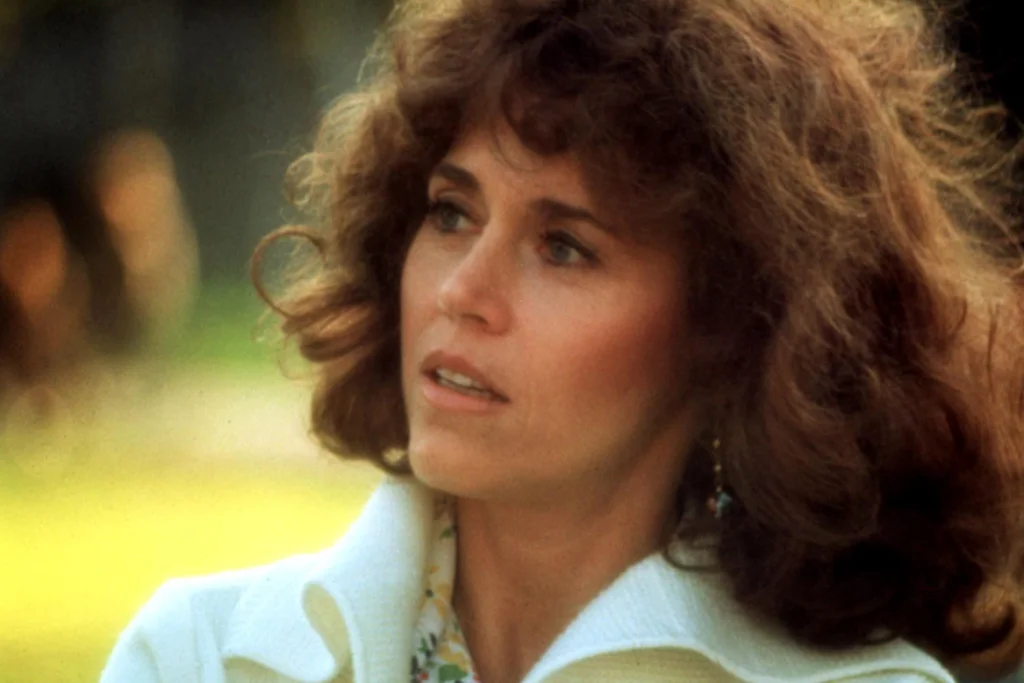
Hal Ashby’s drama about Vietnam veterans returning to civilian life didn’t shy away from sensitive subjects. It focused on PTSD, disability, and the disillusionment many soldiers faced. The love story between Jane Fonda’s character and Jon Voight’s paralyzed veteran was seen as bold, tender, and controversial in equal measure.
The movie challenged traditional depictions of veterans and war at a time when the wounds of Vietnam were still fresh. Fonda and Voight both won Oscars for their roles, cementing the film’s impact. It pushed audiences to think about love, war, and healing in new ways. Even decades later, its themes feel relevant.
11. Apocalypse Now (1979)
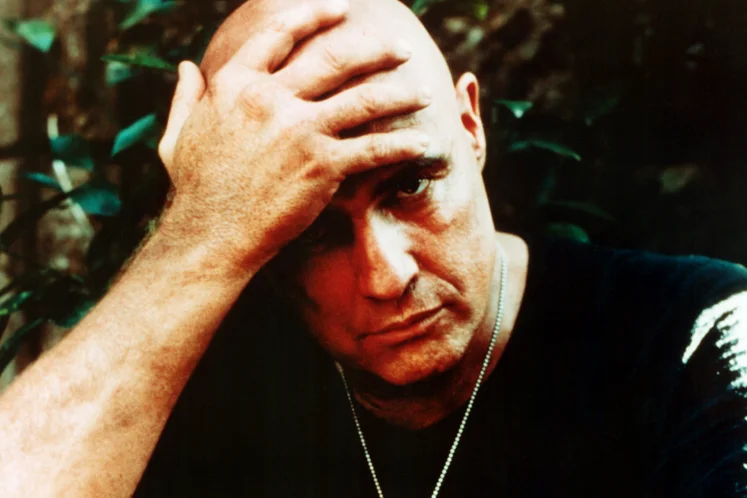
Francis Ford Coppola’s Vietnam epic was plagued with production problems, from a ballooning budget to Martin Sheen’s on-set heart attack. But when it was finally released, it stunned the world. Its surreal imagery, graphic violence, and unflinching portrayal of war divided critics and audiences. Some called it a masterpiece, others an indulgent nightmare.
Over time, though, its reputation grew. With unforgettable performances from Sheen, Marlon Brando, and Robert Duvall, it remains one of the greatest war films ever made. Its exploration of madness and moral collapse continues to feel timeless. Watching it now, it still overwhelms with its scope and intensity.
12. Kramer vs. Kramer (1979)
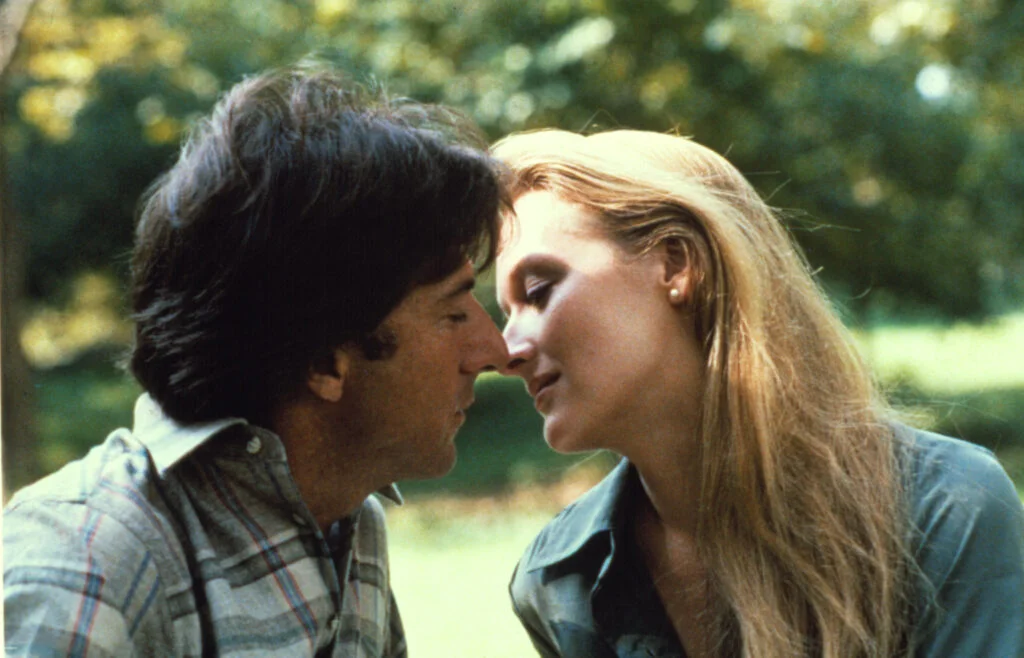
It might not seem shocking compared to the violent films of the decade, but this family drama caused its own stir. The story of divorce and custody battles hit a nerve in an era when divorce rates were climbing. Dustin Hoffman and Meryl Streep’s performances made the struggles heartbreakingly real. Some found its depiction of gender roles controversial, particularly the way it handled motherhood and career choices.
But that’s also what made it powerful. It reflected the changing dynamics of American families in the late ’70s. Winning multiple Oscars, including Best Picture, it proved that personal, emotional stories could spark as much conversation as grand spectacles. Its honesty still resonates today.
13. Chinatown (1974)
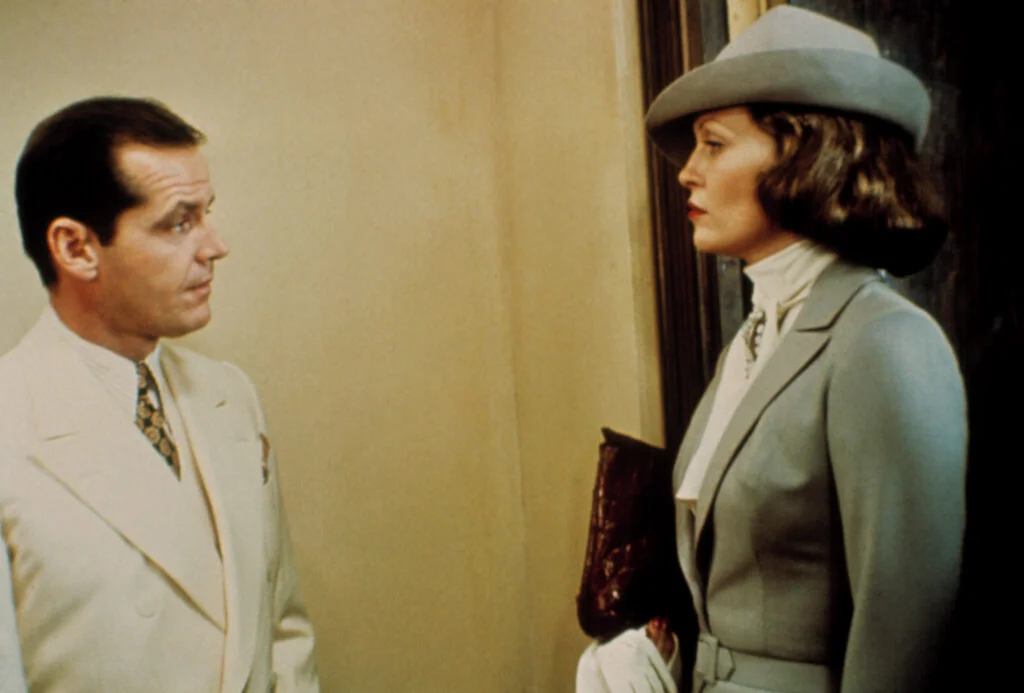
Roman Polanski’s neo-noir masterpiece stirred up conversation for its dark themes and disturbing conclusion. Jack Nicholson’s private detective Jake Gittes unravels a web of corruption, incest, and power that shocked audiences at the time. The ending, especially, left many feeling unsettled and hopeless, which was unusual for mainstream Hollywood then. Some critics felt the bleakness went too far, while others hailed it as brutally honest.
Today, it’s considered one of the greatest films ever made. Nicholson and Faye Dunaway deliver unforgettable performances, and the film’s haunting atmosphere still grips new viewers. Its themes of corruption and exploitation feel just as timely now as they did in the ’70s. Few movies leave such a lasting chill long after the credits roll.
14. Carrie (1976)
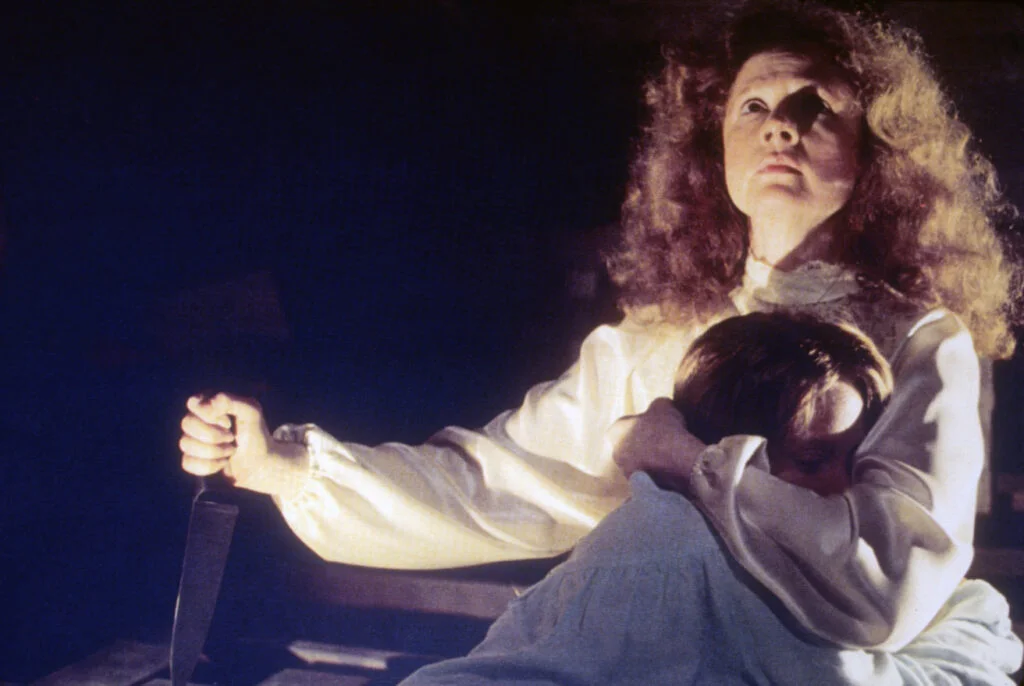
Brian De Palma’s adaptation of Stephen King’s debut novel was a lightning rod for controversy. The movie opened with a graphic shower scene that set the tone for its unflinching look at adolescence, bullying, and repression. Religious groups were outraged by the depictions of fanatical faith and teenage sexuality. And, of course, the infamous prom massacre cemented its notoriety.
But Carrie also tapped into something deeply human—our collective memories of high school cruelty. Sissy Spacek’s heartbreaking performance made Carrie both terrifying and sympathetic. The film’s mix of horror and tragedy still resonates with anyone who’s ever felt like an outcast. Decades later, that prom scene remains one of cinema’s most shocking climaxes.
15. All That Jazz (1979)
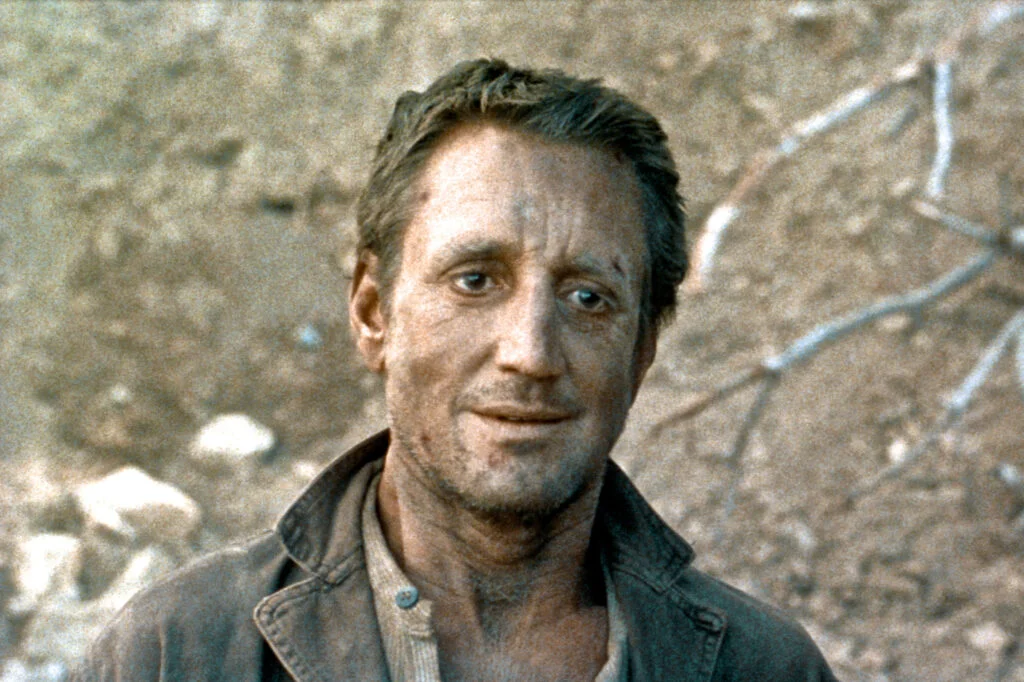
Bob Fosse’s semi-autobiographical musical blurred the line between art and self-destruction. With its frank portrayal of sex, drugs, and mortality, it was unlike any musical audiences had seen before. Many found its cynical tone and morbid subject matter troubling, particularly in a genre usually associated with lightheartedness. The bold editing and surreal dream sequences only added to the divisiveness.
Still, it was undeniably daring. Roy Scheider gave one of his finest performances as the Fosse-like director spiraling out of control. The film’s mix of dazzling choreography and existential dread makes it unforgettable. Even now, it stands as one of the boldest musicals ever made.
16. The Warriors (1979)
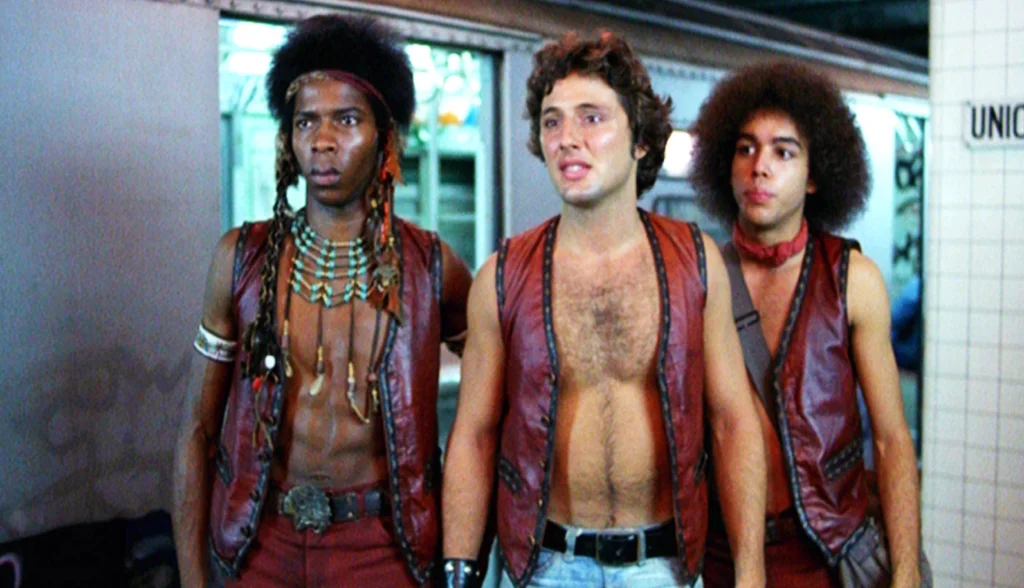
Walter Hill’s stylized gang drama sparked real-world controversy when it premiered. The story of a street gang trying to make it back home through hostile New York neighborhoods was accused of glorifying violence. Reports of fights and vandalism at theaters only fueled its reputation. Some cities even pulled the movie from circulation due to fears of riots.
But over time, The Warriors gained cult status. Its colorful gangs, catchy dialogue, and relentless pace turned it into a pop culture staple. Today, its gritty energy feels more like a time capsule of late-’70s urban life than an incitement to violence. The rallying cry “Warriors, come out to play!” still echoes in pop culture.
17. Monty Python’s Life of Brian (1979)
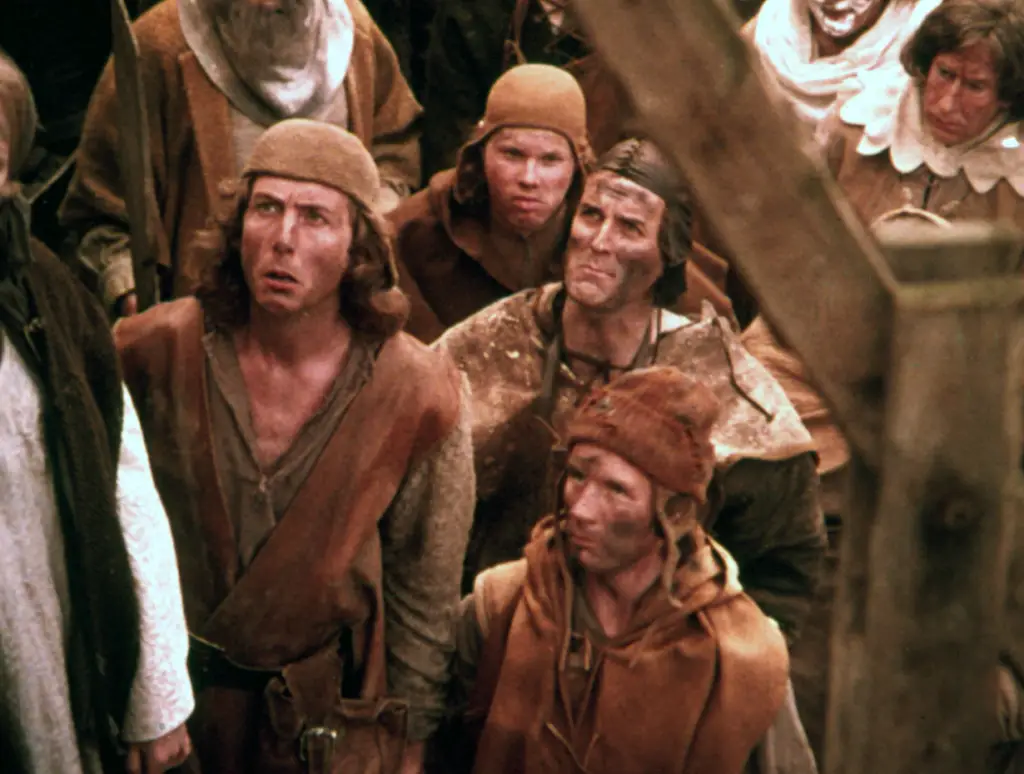
This irreverent comedy from the Monty Python troupe caused outrage from religious groups worldwide. The satirical story of a man born on the same day as Jesus was accused of blasphemy, leading to bans in multiple countries. Protests erupted, and the film became the center of heated debates about free speech versus respect for religion.
Yet, audiences who embraced it saw it as sharp, fearless satire. The Pythons used humor to question authority, fanaticism, and blind faith. Decades later, it remains as funny and biting as ever, proving that comedy can spark serious conversations. It’s now celebrated as one of the greatest comedies of all time.
18. The Deer Hunter (1978)
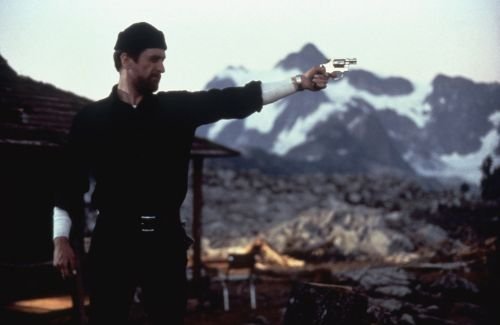
Michael Cimino’s Vietnam War epic won Best Picture, but it wasn’t without backlash. The harrowing Russian roulette scenes were accused of being historically inaccurate and exploitative. Critics argued it simplified complex issues of war and painted Vietnamese characters in a troubling light. Still, it struck a nerve with audiences dealing with the war’s aftermath.
The film’s power lies in its performances and emotional weight. Robert De Niro, Meryl Streep, and Christopher Walken brought raw humanity to the story. Its exploration of friendship, trauma, and survival continues to resonate today. While the controversy lingers, the film’s artistry and impact remain undeniable.


